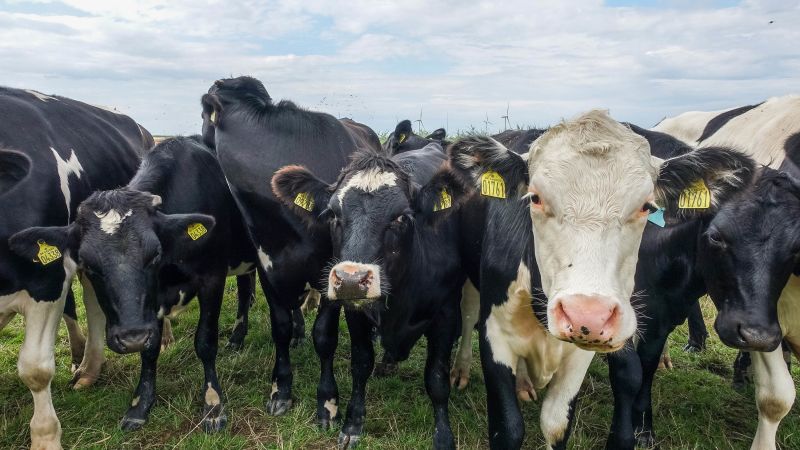In Denmark, dairy farmers are facing a new challenge as they may have to pay an annual tax of 672 krone ($96) per cow for the emissions they generate, as reported by CNN. The country’s coalition government has agreed to introduce the world’s first carbon emissions tax on agriculture, with new levies on livestock starting in 2030. This move is aimed at helping Denmark meet its climate goals, as agriculture is the country’s biggest source of emissions.
“With today’s agreement, we are investing billions in the biggest transformation of the Danish landscape in recent times,” said Foreign Minister Lars Lokke Rasmussen. “At the same time, we will be the first country in the world with a (carbon) tax on agriculture.”
However, while the Danish dairy industry welcomed the agreement and its goals, it has angered some farmers. Just months ago, farmers across Europe protested against environmental regulations and excessive red tape, and now this tax adds to their grievances.
Livestock farming is a major contributor to the climate crisis, accounting for around 12% of global emissions. The tax on livestock emissions is expected to be approved by Denmark’s parliament later this year, starting at 300 krone ($43) per tonne (1.1 ton) of CO2-equivalent emissions from livestock in 2030, rising to 750 krone ($107) in 2035.
The tax break of 60% will apply, meaning farmers will effectively be charged 120 krone ($17) per tonne of livestock emissions per year from 2030, rising to 300 krone ($43) in 2035. On average, Danish dairy cows emit 5.6 tonnes of CO2-equivalent per year, resulting in a charge of 672 krone ($96) per cow with the lower tax rate.
The CEO of Arla Foods, Europe’s largest dairy group, said the agreement was positive but emphasized that farmers who make efforts to reduce emissions should not be taxed. Other agricultural leaders expressed concerns about the impact on competitiveness and the need for the tax to be in line with European Union legislation.
In the first two years, the proceeds from the tax will support the agricultural industry’s green transition. The tax is intended to encourage farmers to find solutions to reduce emissions, such as changing the feed they use. However, some critics view the tax as a “scary experiment” and doubt its effectiveness in solving the climate problems in agriculture.












